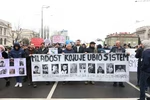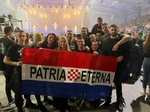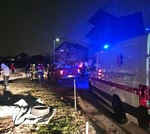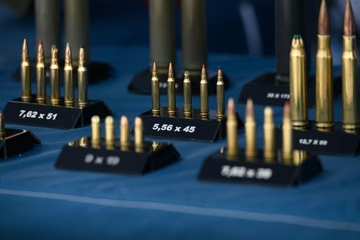Bosniak party, victims slam Croatia over official’s visit to war criminal
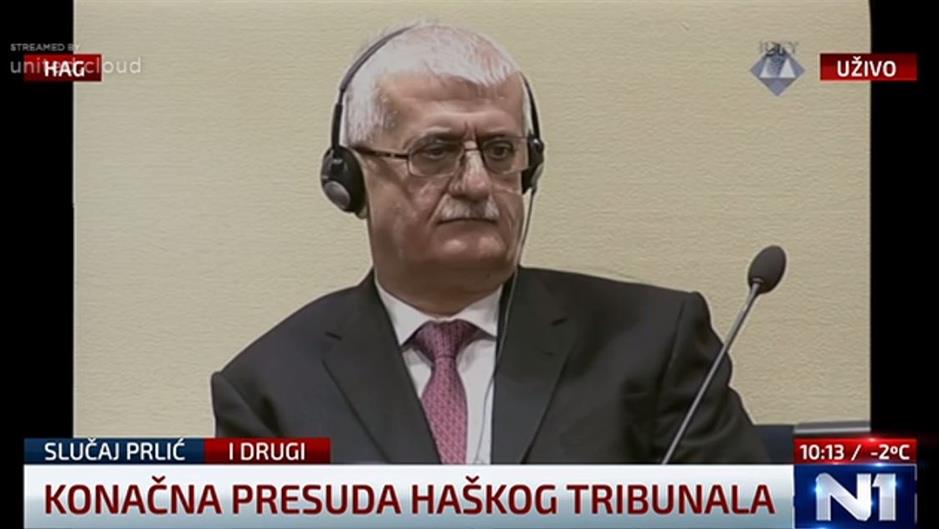
The recent visit by Croatia’s Parliament vice-speaker to a war criminal serving his sentence for wartime ethnic cleansing in Bosnia is sending a “monstrous message” to the victims and ruins Croatia’s reputation and its relations with Bosnia, the main Bosniak part said on Thursday.
Oglas
The vice-speaker of the Parliament of neighbouring Croatia, Milijan Brkic, recently visited war criminal Bruno Stojic in a prison in Gratz, Austria.
Brkic is a member of the ruling Croatian Democratic Union (HDZ) in Croatia and Stojic was the head of the department of defence of the wartime self-declared statelet of Herzeg-Bosna (HB).
Stojic was one of the six HB leaders convicted of an array of crimes against humanity by the International Criminal Tribunal for the Former Yugoslavia (ICTY).
Oglas
In what the UN Court deemed to be a joint criminal enterprise, aided by the wartime leadership in neighbouring Croatia, the six were at the helm of a massive ethnic cleansing operation in parts of Bosnia with the goal of annexing HB to Croatia. The operation, which targeted mostly Bosniaks, included prison camps, mass killings, rapes and other grave crimes.
Stojic was sentenced to 20 years behind bars.
The SDA slammed both Brkic as well as Croatia for visiting Stojic.
“It is an expression of the same policy for which the wartime leadership of Croatia, along with its leader (former Croatian President) Franjo Tudjman, was declared guilty for participating in the joint criminal enterprise,” the party said.
Oglas
“If top officials of the Republic of Croatia do not distance themselves from Brkic’s actions and if they don’t apologise to the victims, it will mean that Brkic represents Croatia’s dominant political voice,” it added.
“It’s clear that in no civilised state is it possible for top officials to visit war criminal in prison without facing consequences,” the SDA concluded.
The Association of Victims and Witnesses to the Genocide said it was not surprised by the visit.
“The visit by the Vice-Speaker of Croatia’s Parliament to criminal Stojic is just the continuation of a schizophrenic policy which has seemingly very deep roots in this region,” the Association’s statement said.
Oglas
It also said that usually war criminals are seen as national heroes who get their monuments and have sports events and student homes named after them.
Kakvo je tvoje mišljenje o ovome?
Učestvuj u diskusiji ili pročitaj komentare
Oglas
Kakvo je tvoje mišljenje o ovome?
Učestvuj u diskusiji ili pročitaj komentare
Oglas
NAJČITANIJE
Oglas
Oglas
Najnovije
Oglas
Oglas





 Srbija
Srbija
 Hrvatska
Hrvatska
 Slovenija
Slovenija









